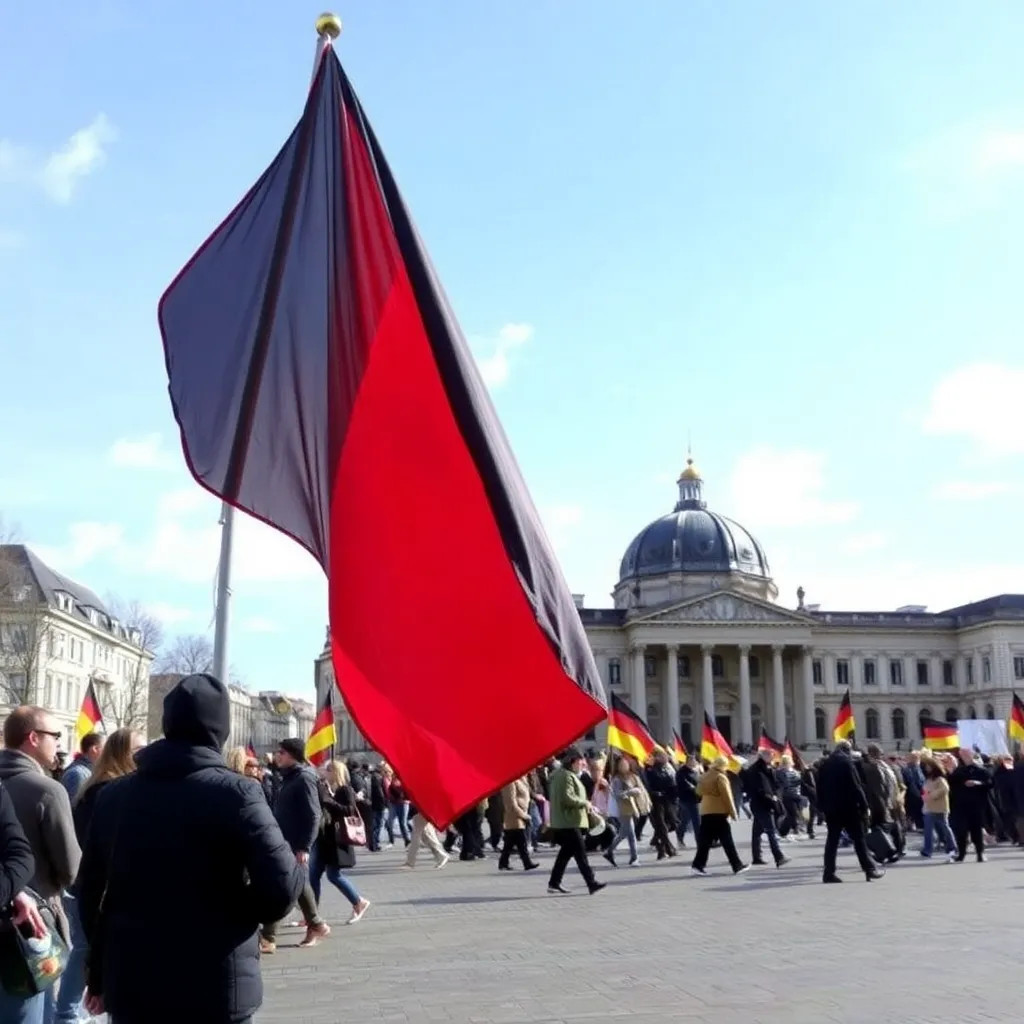
17-Oct-2024 , Updated on 10/17/2024 2:57:32 AM
Germany is Under the Attack of Islamophobia, How?
In Germany, which is considered one of the most tolerant countries in the world with protection of human rights, observations of haters’ activity orientated at Muslims increase. Once a cherished mecca of tolerance and multiculturalism, New Zealand is increasingly becoming hostile to its Muslim population. But how did this happen? How did a country that used to excel at diversity end up becoming consumed with fear of Muslims?
To explain why Germany has become the epicentre of lobbying an all-out Islamophobic campaign, one must recall that in 2015 it let in more than a million refugees, many of whom are Muslims from the Middle East, with Syria, Iraq, and Afghanistan being the most notable source countries.
What was once refugees was soon termed a “Muslim invasion” by far-right groups that emerged in the wake of wars. That is why this narrative constructed Muslims as the enemy of the German self. Panic ensued, and anti-Islamic sentiment and bigotry soared, causing people to attack Muslim fellow citizens.
Right-wing populism has been the main driver in the increase of Islam phobia all over the world. Islamophobia was also reflected in political strategies (for example, the right-wing parties such as the ‘Alternative for Germany’). They ask their audiences to view Muslims as ‘different’ and incompatible with German life, and they argue that, far from religion, Islam is a political system designed to disrupt the Western system of rule of law in favour of sharia law.
This may be a distorted version of history, but this story has found fertile ground with some sections of German society that feel alienated due to the process of liberalisation and changing culture. Ever since the AfD has become part of Germany’s political scene, right-wing politicians keep on saying that the ‘Christian identity’ of Germany is threatened; this kind of reporting keeps on producing more Islamaphobic sentiments, making social rifts wider.
The media has also acted as a main contributor to the construction of Islamophobia. Hysterical headlines about “Islamist terror” may obscure the fact that many millions of Muslims living all over Germany go about their business undisturbed.
This constant negative representation is a very risky development, and it puts into a very vicious cycle where the more Muslims are painted as the enemy, the more people associate Islam with extremism. Such fear-psychology remains part of the media and only serves to deepen distrust and isolation of the Muslim community.
Unlike this recording, many members of Islamic organisations in Germany are aware of Islamophobia and racism not just as a hot news topic but as their personal experience. The fare from workplace discrimination to verbal harassment on the streets with Muslims, and particularly women wearing hijabs, is a known fact. Mosques are today being vandalised and burnt down often.
It is therefore important and relevant to state that Islamaphobia in Germany has ensued into a concrete cost for Muslims. Worse still, discrimination towards Muslims and other people of colour often occurs and then is acted as if it is the norm in society to be Islamophobic.
What Needs to Change?
Germany has no choice but to address the issue of Islamophobia. This begins with recognising the issue and increasing the prevention of the abuse of the Muslim people. Hate crimes should be punished, and discrimination should not be allowed.
The media also has a duty that is to change its reporting from the negative perceptions about Muslims to emphasising the positive impacts of Muslims in societies. Education and discussions are something that can help to fight ignorance and achieve the general understanding of most people.

Student
hey there! i am a student currently pursuing my bachelors with a keen interest in writing., I am fueled by a deep love for storytelling and a flair for creating captivating narratives. Armed with a passion for language and a keen eye for detail, I strive to craft compelling copy that leaves a lasting impact.
Join Our Newsletter
Subscribe to our newsletter to receive emails about new views posts, releases and updates.
Copyright 2010 - 2026 MindStick Software Pvt. Ltd. All Rights Reserved Privacy Policy | Terms & Conditions | Cookie Policy